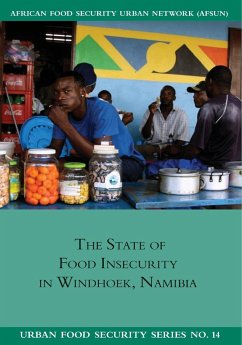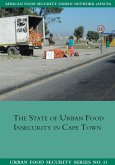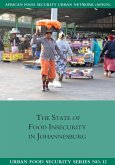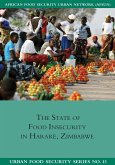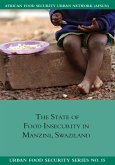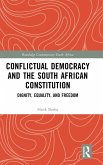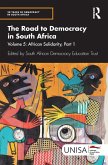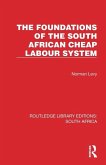AFSUN recently conducted a survey of poor urban households in eleven major cities in Southern Africa to better understand the seriousness of the urban food insecurity situation. This report looks in detail at the results for Windhoek and seeks to answer one central question, that is, why do the urban poor in Namibia's capital generally appear to be better off than the urban poor in most of the other ten cities where the survey was conducted and why, at the same time, does Windhoek contain some of the most food insecure households in the region? As a city of migrants, Windhoek's case also presents the opportunity to examine the relationship between migration and urban food security in more depth. Among the key findings is that access to food, which depends on incomes and food pricing, is critical in Windhoek, where food availability is not an issue. What is required is a systematic national and city strategy for reducing the high levels of food insecurity amongst the urban poor in general and in informal settlements in particular.
Bitte wählen Sie Ihr Anliegen aus.
Rechnungen
Retourenschein anfordern
Bestellstatus
Storno

